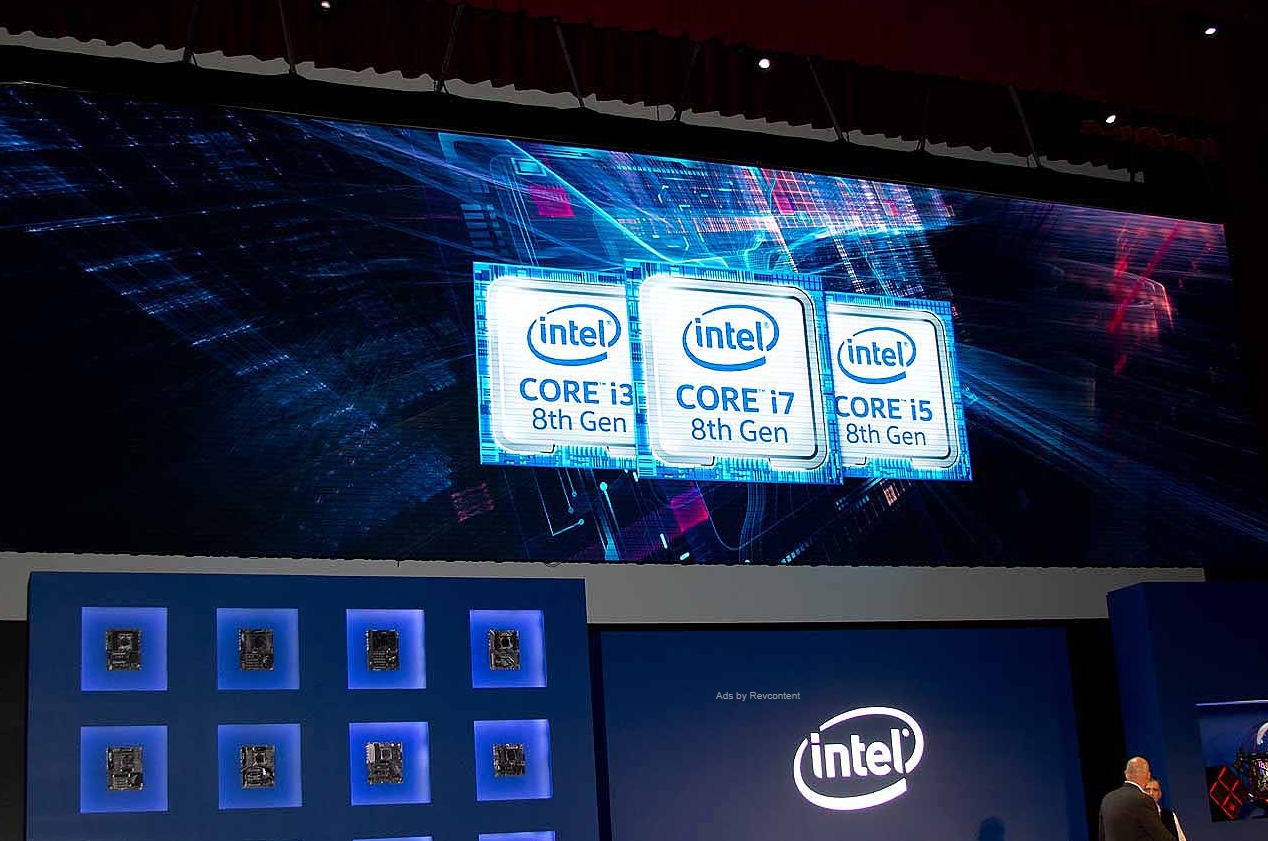
In response to a user question regarding Intel’s upcoming Coffee Lake CPU lineup, motherboard maker ASRock recently said on Twitter that Coffee Lake chips will not be compatible with 200-series motherboards.
Revelations of this nature are typically shared by chipmakers at the time of reveal, not motherboard partners during the lead-up.
The tweet in question has since been removed although the information has been independently confirmed by other publications.
Most assumed that, because Coffee Lake shares a similar microarchitecture with Kaby Lake, that it would be compatible with 100- and 200-series LGA 1151 boards. As AnandTech highlights, if the rumor is indeed true, it could mean one of several scenarios: the new chips will not be LGA 1151 (which goes against an earlier rumor), motherboards could lock out the new processors using firmware or the CPUs and sockets will use a different notching system to physically prevent them from being installed in certain boards.
Given that Coffee Lake is expected to be a six-core part, some were no doubt hoping for a plug-and-play upgrade using their existing motherboard. That doesn’t appear to be possible now and could present a scenario in which those looking to upgrade may toss in the towel and jump ship to AMD’s camp.
As always, keep in mind that this is just a rumor and nothing is truly official until Intel publicly announces it.
https://www.techspot.com/news/70427-intel-upcoming-coffee-lake-cpus-reportedly-require-new.html